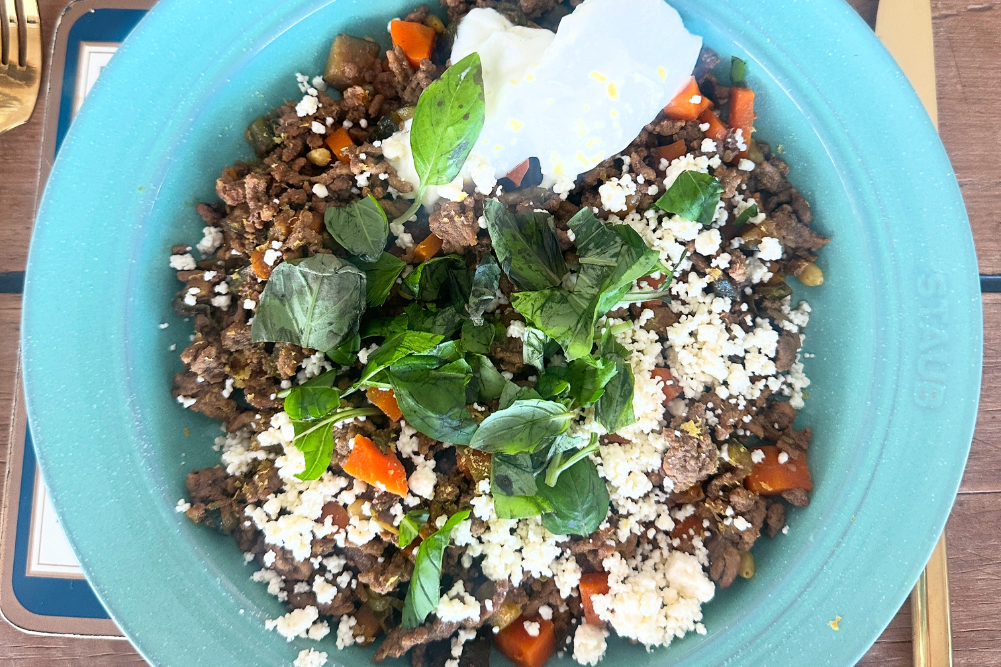The MTHFR effect
To manage the MTHFR gene, I recommended a diet higher in fruit and vegetables.
A woman in her late 30s presented with a range of symptoms, so putting them together was like a fascinating jigsaw puzzle.
- She had a family history of heart disease and atherosclerosis.
- She was having difficulty managing stress.
- During times of stress she developed quite severe headaches, which necessitated her taking paracetamol almost daily to manage them.
- She was prone to respiratory allergies to pollens.
- She was prone to alternating bouts of anxiety and depression, but was not happy taking the antidepressants as she generally disliked pharmaceuticals, so she only took them intermittently when she felt she wasn’t coping.
- Apart from the paracetamol she was not taking any regular medication.
- She experienced stiffness, aches and pains in her muscles and joints. She exercised minimally.
- She felt she had a low pain tolerance and was low in energy.
- She had dry skin and was frequently having to apply moisturiser on her arms and legs.
- She and her partner had been trying unsuccessfully to have a baby and she had recently been diagnosed with polycystic ovary syndrome (PCOS).
- She regularly experienced wind and bloating with mild reflux and indigestion. She had a high meat diet and was not keen on vegetables. She craved sugar, drank two coffees per day with one sugar and did not drink much water. She drank small amounts of wine infrequently as it made her feel ill. She also felt she was not eating much but was gaining weight.
A full blood count from her GP showed a low neutrophil count and low haemoglobin, so I recommended that she go back to her GP to have homocysteine, histamine, zinc-copper, vitamin D and the MTHFR gene tested. The MTHFR (standing for methylenetetrahydrofolate reductase) gene is vital for the chemical breakdown called methylation, which is critical for physical and mental health. I also recommended allergy tests.
Her results showed homocysteine was too high for health, her vitamin D count was low, her histamine level were moderate and she showed positive reactions on an allergy test. Zinc tested low and copper levels were high. Her tests also showed a positive MTHFR polymorphism, which confirmed the overall picture. Matching this with her symptoms, she was determined to be suffering from undermethylation, reducing the production of serotonin and dopamine.
Major changes
She needed to reduce her consumption of high-histamine foods such as alcohol, fermented foods (except for kefir), aged cheeses and packaged or smoked meat or fish. I also encouraged her to significantly increase the vegetable component of her diet, apart from tomatoes, eggplant and spinach as these contain higher levels of histamine, and to limit wheat and dairy. We added organic coconut kefir for probiotics, with slippery elm and aloe vera for prebiotics, on a daily basis.
To manage the MTHFR gene, I recommended a diet higher in fruit and vegetables, including leafy greens such as rocket, kale, buk choy, broccoli, Brussels sprouts, carrots, cauliflower, cabbage (though not sauerkraut), as well as asparagus and celery. I also recommended unfarmed fish and organic produce.
Adding a graduated exercise program was critical. Getting out in the sun without sunglasses or sunscreens for a walk most days is very beneficial — and would improve her vitamin D levels.
With the MTHFR gene and homocysteine pathways compromised, there are some critical nutrients that need to be supplemented. SAMe, a methionine-based amino acid, is important, combined with methylation factors methylfolate and vitamins B12 and B6, as these support the methylation process (remember she was undermethylated) and lower homocysteine. I recommended drinking only water that was filtered to remove copper, fluoride and other chemicals, with a zinc supplement to balance this.
I recommended quercetin as an antihistamine, and this worked well for her. We also added low-dose N-acetylcysteine and vitamin C to improve detoxification, particularly of the paracetamol that she had been taking for some time, as well as a vitamin D3, K2 spray and many healing anti-inflammatory herbs.
Over the next six to 12 months she noticed increasing improvement in many aspects of her health as she became more committed to following the program.








